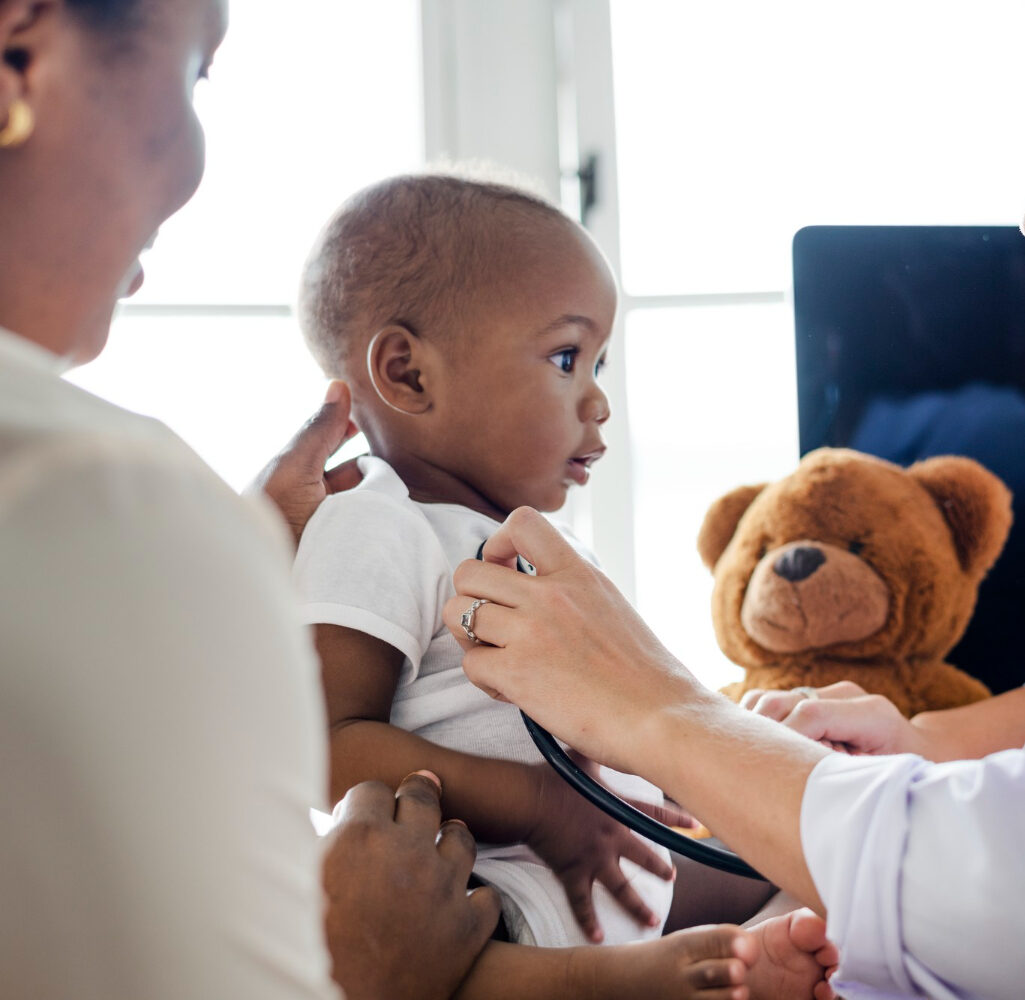Risk Factors for UTI or UTI Mimics
Urinary Tract Infections (UTIs) are a common yet often misunderstood condition in children. As a pediatrician at Aashrey Child Clinic, Vadodara, I, Dr. Vinit Mehta, MD, aim to educate parents about the risk factors for UTIs and UTI mimics, ensuring accurate diagnosis and appropriate treatment.
If you suspect your child has a UTI, you can book an online consultation via WhatsApp for just ₹299.


Understanding Urinary Tract Infections (UTIs)
UTIs occur when bacteria, usually from the digestive tract, enter the urinary tract. These infections can affect different parts of the urinary system:
- Cystitis: Infection of the bladder, leading to symptoms like painful urination, urgency, and frequency.
- Pyelonephritis: Infection of the kidneys, causing fever, abdominal pain, and vomiting.
UTI mimics refer to conditions that cause similar symptoms but are not true infections. These can include vaginitis, pinworm infestation, and voiding dysfunction.
Risk Factors for UTIs in Children
Certain factors increase the likelihood of developing a UTI. These include:
1. Gender-Related Factors
- Female Gender: Girls have a shorter urethra, making it easier for bacteria to reach the bladder.
- Uncircumcised Boys: The foreskin can harbor bacteria, increasing the risk of UTIs in the first year of life.
2. Structural and Functional Abnormalities
- Vesicoureteral Reflux (VUR): A condition where urine flows backward from the bladder to the kidneys, increasing infection risk.
- Obstructive Uropathy: Structural blockages in the urinary tract can lead to urine retention and bacterial growth.
- Neuropathic Bladder: Conditions like spina bifida can impair bladder emptying.
3. Behavioral and Hygiene Factors
- Toilet Training: Children learning to control urination may hold in urine, encouraging bacterial growth.
- Improper Wiping (Back to Front in Girls): This can introduce bacteria from the anal region into the urethra.
- Tight Clothing & Underwear: These can trap moisture, creating a favorable environment for bacterial growth.
- Bubble Baths & Irritants: Soaps and chemicals can cause irritation and increase UTI risk.
- Sexual Activity (Teenagers): In older children, sexual activity can introduce bacteria into the urinary tract.
4. Underlying Medical Conditions
- Constipation: A full rectum can press on the bladder, preventing complete emptying and increasing infection risk.
- Pinworm Infestation: Can cause irritation around the urethra, leading to symptoms mimicking a UTI.
5. Bacterial Factors
- Escherichia coli (E. coli): The most common UTI-causing bacteria, especially in girls.
- Proteus & Klebsiella Species: These bacteria are more common in boys and children with structural abnormalities.
- Bacteria with P Fimbriae: These bacteria adhere strongly to the bladder wall, increasing infection severity.
UTI Mimics: Conditions That Can Look Like a UTI
Several conditions can cause UTI-like symptoms but require different treatments:
- Viral Cystitis: Adenovirus infections can cause bladder irritation without bacterial infection.
- Dehydration: Can lead to concentrated urine and burning sensation while urinating.
- Diabetes: Excess glucose in urine can lead to frequent urination and secondary bacterial infections.
- Irritation from Chemicals: Soaps, detergents, or wipes can cause symptoms like burning urination.
How is UTI Diagnosed?
A urine test is essential to confirm a UTI. Some key diagnostic tests include:
| Test | Sensitivity (%) | Specificity (%) |
|---|---|---|
| Leukocyte Esterase Test | 83 (67-94) | 78 (64-92) |
| Nitrite Test | 53 (15-82) | 98 (90-100) |
| White Blood Cell Microscopy | 73 (32-100) | 81 (45-98) |
| Bacterial Microscopy | 81 (16-99) | 83 (11-100) |
A positive urine culture with >100,000 colony-forming units of bacteria confirms a UTI.
Managing UTIs and Preventing Recurrence
Home-Based Care
- Increase Fluid Intake: Encourage ORS, lemon water, coconut water to flush out bacteria.
- Healthy Diet: Light foods like curd rice, khichdi, dalia, and fruits support hydration and immunity.
- Hygiene Practices: Teach proper toilet hygiene and encourage frequent urination.
Medical Treatment
- Rational Antibiotic Use: Overuse of antibiotics can lead to resistance. A proper diagnosis ensures the right antibiotic is prescribed.
- Probiotics (Enterogermina, Econorm Sachets): Help maintain gut and urinary tract health.
When to Seek Medical Help?
- Persistent Fever (>39°C/102.2°F) for More Than 24 Hours
- Vomiting and Refusal to Eat
- Severe Abdominal or Back Pain
- Symptoms Not Improving with Home Care
📞 For expert Pediatric UTI treatment in Vadodara, book an online consult via WhatsApp at ₹299 or call now: +918347990180.
FAQs on UTI in Children
1. Can a child get a UTI without a fever?
Yes, bladder infections (cystitis) often do not cause fever, whereas kidney infections (pyelonephritis) do.
2. Does frequent urination always mean UTI?
Not necessarily. It can be due to excessive fluid intake, diabetes, or bladder irritation from spicy foods or chemicals.
3. Can probiotics help prevent UTIs?
Yes, probiotics like Enterogermina and Econorm sachets help maintain a healthy balance of bacteria in the gut and urinary tract.
4. How can I differentiate between UTI, dehydration, and diabetes?
- UTI: Painful urination, fever, foul-smelling urine.
- Dehydration: Dark yellow urine, dry mouth, lethargy.
- Diabetes: Excessive thirst, frequent urination, weight loss.
📌 Related Topic: What can be the complications of UTI to my child?
Visit Aashrey Child Clinic for Expert Pediatric UTI Care
Aashrey Child Clinic specializes in UTI diagnosis, treatment, and prevention. Our expert pediatric team ensures accurate testing and rational antibiotic use to prevent complications.
📍 Visit us at: Google Maps Location
🏥 Clinic Address: Aashrey Child Clinic (Pediatric clinic in New Sama) First Floor, 22, Gyankunj Society-2, above Muthoot Fincorp Gold Loan, Next to Ajay’s Takeaway Food, Near Abhilasha Char Rasta, Raghuvir Nagar, Gyan Kunj II, New Sama, Vadodara, Gujarat 390024
🚗 Route via: Sama-Savli Rd and Chanakyapuri Rd
📞 Book an appointment now: +918347990180
For trusted pediatric care in Vadodara, choose Aashrey Child Clinic. Early diagnosis and proper management can help your child recover faster and prevent complications.
🛑 Concerned about your child’s UTI symptoms? Don’t wait! Book an online consultation now via WhatsApp for just ₹299.
